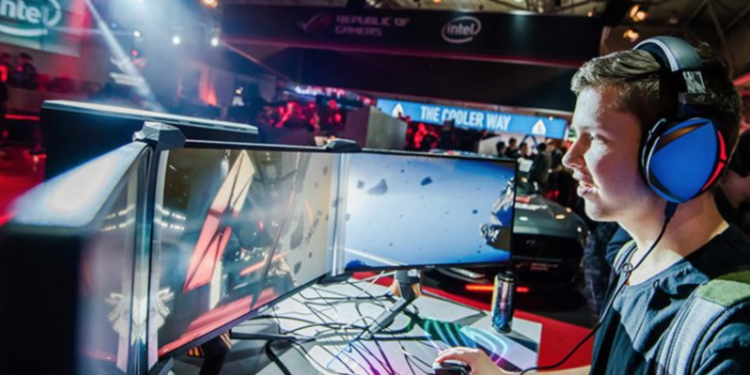Video games can arouse strong feelings of anger and frustration. Parents often witness their children feel these deep feelings during play and automatically think this is a negative effect of the gameplay.
However, many child psychiatrists say that dealing with deep emotions while playing can help those who play better to cope with frustrating situations in real life. In this way, children can learn valuable emotional lessons that can be applied to real-life situations.
A survey conducted by the Entertainment Software Association found that 70% of parents said that video games have a positive effect on their child’s health and agreed that video games act as an emotional release. If video games help children deal with emotional issues, this will have a positive effect on their personal friendships and social skills.
Many psychologists assert that there is a good link between sports and social ability. This is especially true with today’s gaming consoles, and the online world that enables two people to connect to continents, no matter how far away. Many games are now played in concert, with two (or more) players working together to achieve a common goal. For example, first-person shooting games such as Call of Duty include online play, where you work with teams to defeat an opponent. This requires communicating with others, usually with headsets, so you can chat with your team manager. Such games, therefore, allow players to engage in gameplay simultaneously, forming and strengthening bonds between two and unknown friends.
In fact, the American Psychological Association’s findings indicate that 70% of athletes play sports with other people. Gamers often enjoy watching their friends play, whether online, through live streaming platforms or computer-to-computer interactions. Watching and playing video games as a group can be a reason for friends to relax and share together, highlighting the social benefits of playing video games. Research has found that youth sports players are more successful in areas such as family closeness, school involvement, and friendship networks. Such discoveries undermine the notion that video games alienate teenagers. Many research studies have also found that children who do not play videogames may also be outside the public loop, as they will not be able to discuss those games with their peers or participate in any play on the playground.
More than 70% of players play with a friend, by playing against or by teamwork on a team. Games like World War I open up virtual worlds and highly expanded computer screen communities. Playing video games in teams with other players can help you in your community development if done equally.
Gamers have the ability to interact with local players or meet people from countries around the world. The vast majority of teens who play multiplayer games have developed good friendships with the people they meet online. Judi bola is providing such online platform to the individuals.
Video games have created a fun and engaging way to connect with people and can serve as an important teaching tool for building community skills. Video games can help develop teamwork and support skills as players have the option to work together to build relationships and build teams to work together. Many video games often lead to better results when players work together, encouraging players to have a community. Video games also give players the opportunity to take on the role of leader, which requires great social skills and teamwork to keep other players happy. These skills are important in a foreign Country for building and maintaining friendships, especially in school and workplaces. Studies have shown that playing video games, including violent video games, can also build and improve relationships between players. Players can argue with each other in the game but develop their friendship as they work together and share information.








